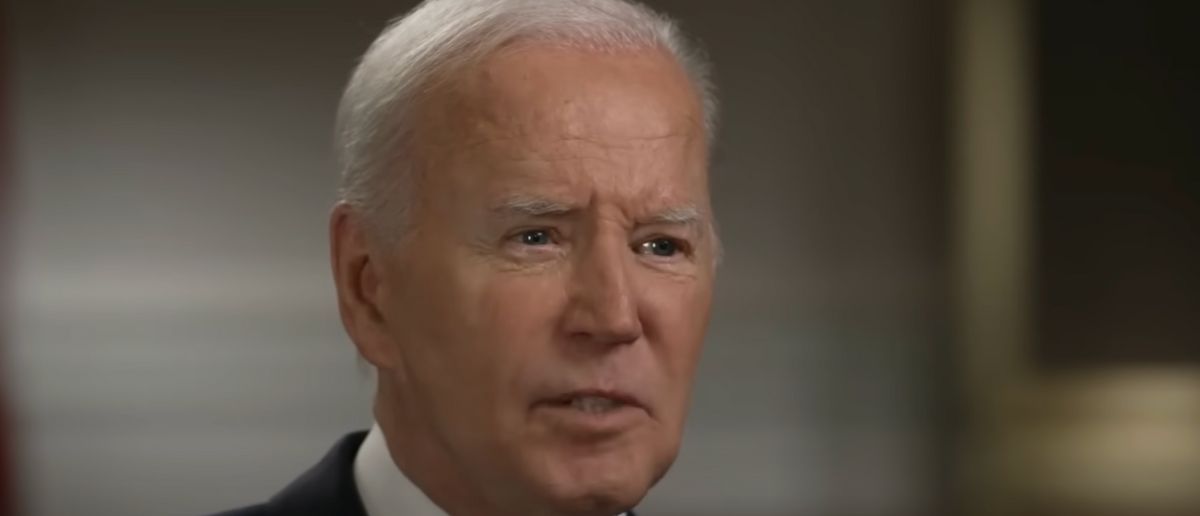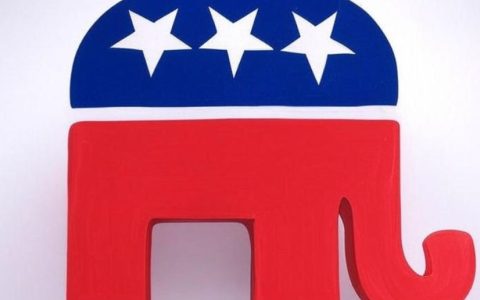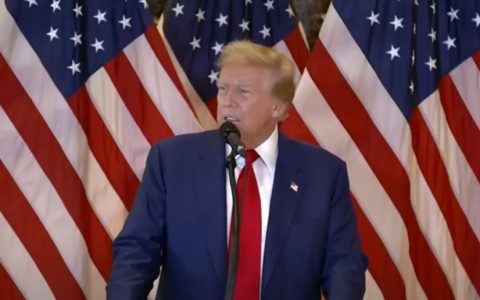
No one can doubt that China is America’s greatest geopolitical rival. They’ll stop at nothing to ensure their dominance worldwide.
And a terrifying Chinese plot for America was just uncovered.
Over the past two decades, China has quietly built up its military power and political influence on the world stage.
They’ve threatened neighboring Taiwan and any other country that tries to get in their way within the South China Sea.
Worst of all for us is their spying and stealing of American information ideas.
But no one was expecting it to have gone as far as it has.
TikTok CEO Shou Zi Chew told senators that his China-based app obtained location data on Americans a few years ago, and that older versions of the program may still track people’s locations.
On Thursday, Michigan Democrat Rep. Debbie Dingell questioned Mr. Chew to explain whether his written testimony’s reference to how current versions of TikTok’s app operate indicated that prior versions processed people’s locational information differently.
According to Mr. Chew’s written evidence, current versions of TikTok’s app do not gather accurate or approximate Location data from US users.
“Have any prior versions of TikTok’s app collected precise GPS information from U.S. users?” Ms. Dingell said at a House Energy and Commerce Committee hearing. “Yes or no?”
“Yes, from back in 2020, about three years ago,” Mr. Chew said.
“Are there currently TikTok users who still hold old versions of the app that collect precise GPS information from U.S. users?” Dingell stated. “Yes or no?”
“There could be but that’s a small percentage,” Mr. Chew said.
Mr. Chew’s statement is a dramatic contrast to TikTok’s strong retaliation for reporting on the app’s tracking tactics.
TikTok previously denied an October 2022 Forbes article that a China-based team at TikTok’s parent company ByteDance planned to utilize TikTok to track Americans’ personal location data.
According to the study, the ByteDance team intended to collect locational data for surveillance reasons rather than for uses such as targeted marketing.
TikTok reacted to the story on Twitter in October 2022, criticizing its “rigor and journalistic integrity.”
“Forbes chose not to include the portion of our statement that disproved the feasibility of its core allegation: TikTok does not collect precise GPS location information from U.S. users, meaning TikTok could not monitor U.S. users in the way the article suggested,” the company said on Twitter via its @TikTokComms account.
According to Mr. Chew’s response to Ms. Dingell, TikTok has acquired accurate GPS location data on users in the United States and may continue to do so for people who have an outdated version of the program on their devices.
TikTok’s help website about its usage of location information states it obtains “approximate location information” from people’s devices or computer networks, such as a SIM card or IP address.
TikTok’s webpage stated that if TikTok users activate “Location Services,” it may collect GPS data, although TikTok stated that the location services function “may not be available in all regions, including the United States and South Korea.”
The testimony of a TikTok official on Thursday sparked further questions about whether user data is accessible to the app’s China-founded parent company, ByteDance.
China’s civil-military fusion policies compel enterprises to collaborate with the communist government, making all location information obtained by firms subject to Chinese legislation and hence vulnerable to communist officials.
Mr. Chew stated in writing evidence that he has not shared US user data with the Chinese government and has not received any requests to do so.
Leaked audio from more than 80 internal TikTok sessions obtained by BuzzFeed last year showed engineers in China had access to US data between September 2021 and January 2022.
ByteDance later announced the firing of four employees who accessed data on journalists from BuzzFeed News and The Financial Times while investigating a confidential information leak.
Many are concerned about TikTok tracking for more than just location data.
According to a Wall Street Journal piece released this week, more than half of the 50 U.S. states have federal websites that contain web-tracking code created by ByteDance, citing fresh findings given by the Toronto-based business Feroot Security.
Stay tuned to DC Daily Journal.





